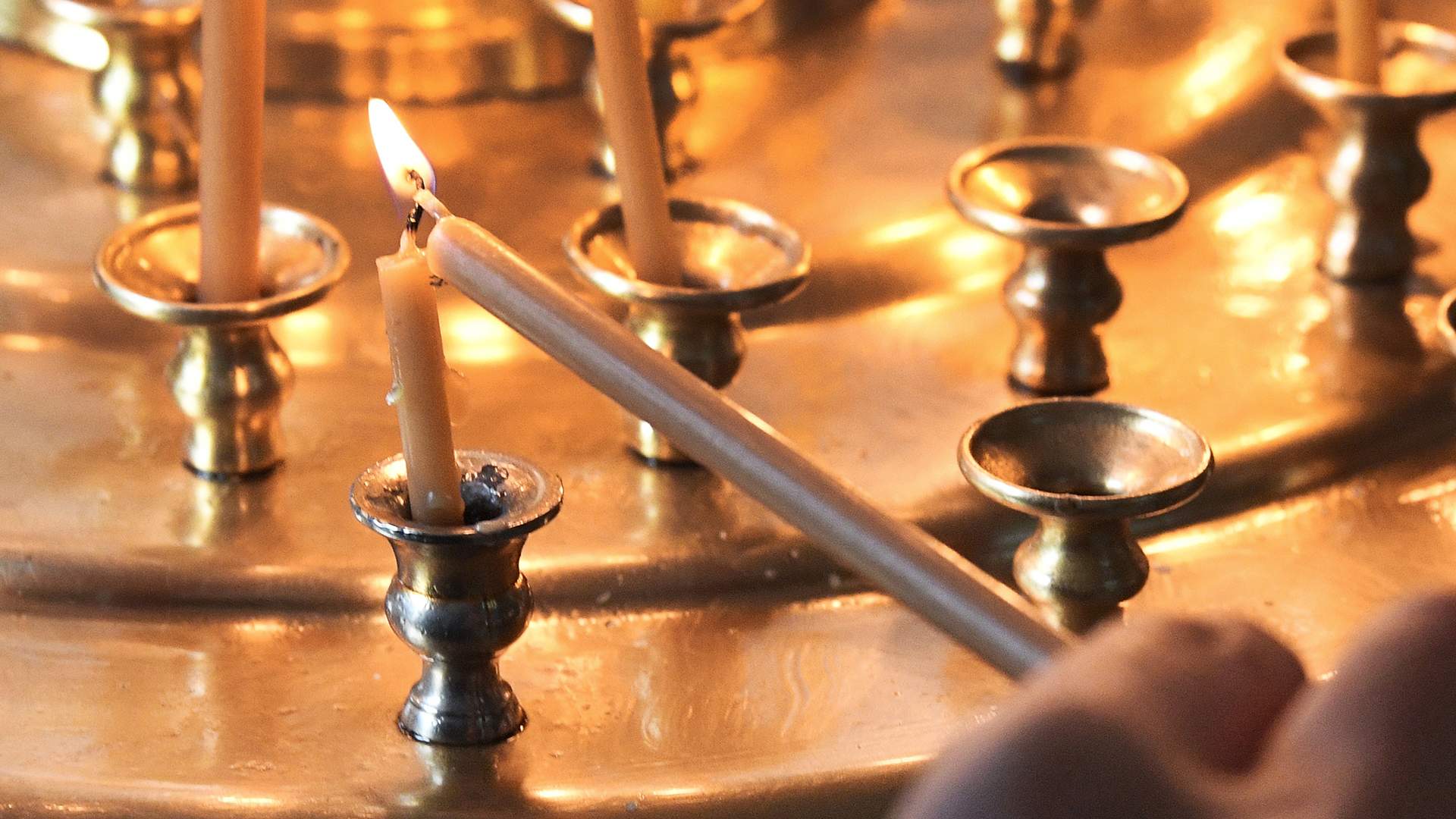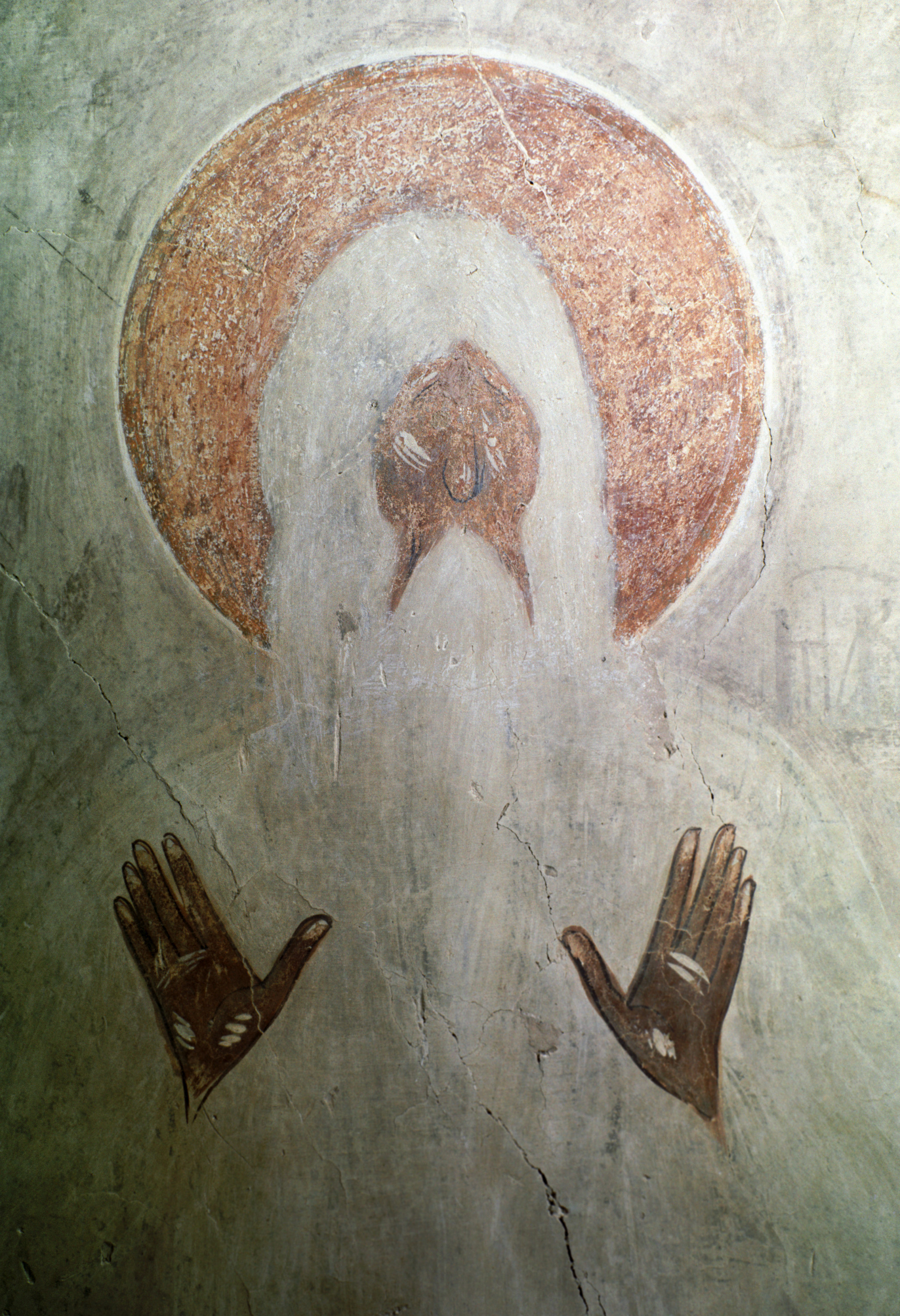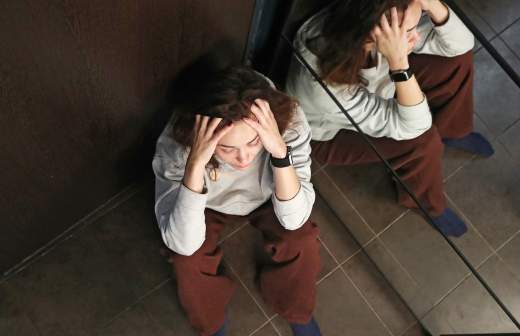Makariev Day: what is strictly forbidden today, mystical omens February 1

On February 1, Orthodox believers honor the memory of St. Macarius the Great, or the Egyptian. The saint is known not only for his spiritual labors, but also for his miraculous gift of healing. People often call this day Makar's Day or Makar the Vesnoukazchik's Day, because the weather on February 1 was used to judge when spring would arrive. In 2025 Makar's Day falls on Saturday. History and traditions of the Orthodox holiday - in the material "Izvestia".
Makary's Day: what is the Orthodox holiday on February 1
Macarius Day, celebrated on February 1, is dedicated to St. Macarius of Egypt - one of the most revered saints in the Orthodox and Catholic tradition. This day is important for believers because it is associated with the saint's exploits, his teachings on humility, spiritual purity and striving for God.
The event has a deep spiritual meaning, as Macarius the Great is a model of asceticism, true faith and monastic life. Venerable Macarius (from Greek - blessed) lived in the IV century and became one of the most famous hermit-servers, who laid the foundation of monastic traditions. Macarius taught that in order to truly approach God, a person must abandon pride, malice and vainglory, replacing them with kindness, humility and love.

Macarius was born in the village of Ptinapor in Lower Egypt, near the Fayum oasis. His parents were devout Christians, and from childhood he was accustomed to prayer, humility, and labor. As a young man, Macarius first helped his parents with household chores, and then, at the insistence of his family, he married. Soon, however, his wife passed away, and he decided to devote himself entirely to the service of God.
After the death of his parents, Macarius gave away all his property to the poor and went into the desert, settling among the monks who led a severe ascetic life. Later he became a disciple of St. Anthony the Great, the founder of Christian monasticism.
Having barely reached the age of 30, Macarius showed himself as an experienced and mature monk, for which he was nicknamed "the youthful elder". In the Desert of Scythia (in the northwestern part of Egypt), Macarius prayed, fasted and labored much, learning spiritual wisdom. He strove for complete renunciation of worldly goods, finding joy in communion with God.
Soon other monks became aware of him, and he was chosen to be a priest and mentor to the brethren. At this time, however, persecution of the monks began on the part of the Arians (supporters of the heresy that rejected the divine nature of Christ). For his fidelity to Orthodox teaching, Macarius the Great, together with Macarius of Alexandria, was imprisoned and banished to one of the Egyptian islands inhabited by pagans. However, even in exile he continued to pray and instruct the believers, and thanks to the daughter of a priest, Macarius converted the islanders to Christianity.
After the end of the persecution he returned to the desert and founded two monasteries - in the Nitria Desert and the Scythian Desert, which became centers of monastic life. Macarius trained his disciples not to condemn people, to be merciful, patient and kind. He said, "If you see someone sinning, pray for him, but do not condemn him, for you yourself are also a sinner."
According to legends, Macarius had the gift of clairvoyance and healing. He healed the sick, helped the infirm, and comforted those who were grieving. He could talk to wild animals, and they obeyed him. Once he raised a dead man to life to prove the truth of his faith before the pagans. He cast out demons, purified water, and helped people find sustenance in the wilderness.
In about 360 he founded a monastery, which later became the monastery of Macarius the Great, and spent the rest of his life in it, until his death without ceasing his spiritual exploits.
Before his death he predicted that in a few centuries the Egyptian monasteries would be ruined, but the monastic spirit would never disappear. The Monk lived to the age of 97, and shortly before his death the Monks Anthony and Pachomius appeared to him, giving him the glad tidings of his imminent passage to the blessed heavenly abodes. According to tradition, when the holy soul of the Monk Macarius was taken by the cherubim and ascended to heaven by them, some of the fathers saw with their mental eyes that the air demons in the distance were standing and crying out that St. Macarius had escaped them.
St. Macarius the Great died about 391, leaving behind his disciples and many spiritual teachings. Part of the saint's relics are kept in the Amalfi Cathedral in Italy.
Macarius' teachings state that humility is the main virtue. He said that a true Christian should be humble like Christ, not to exalt himself above others and not to condemn. Macarius taught that the main enemy of man is not the outside world, but his own passions: anger, envy, vanity, laziness. He advised to fight them with prayer, fasting and good deeds.
Macarius was against revenge and condemnation, he taught to love even enemies, forgive offenses and help neighbors. The Monk said that without prayer the human soul becomes dead, like a tree without water. Macarius advised not to be attached to wealth, power, fame, but to seek true joy in God.
Orthodox Christians honor the memory of the saint on February 1 (January 19, O.S.). His works and prayers are still widely studied in monasteries.
On ancient engravings, the Monk Macarius often appears as an old man with a thick beard, wearing priestly vestments and a robe. After the baptism of Russia he began to be honored by Orthodox believers. One of the frescoes with his image by the great icon painter Andrei Rublev can be seen in the Assumption Cathedral in Vladimir.
What you can and what you can not do on Makariev Day in 2025
In the life of people on this day intertwined Orthodox and pagan traditions. It was believed that this was an important day for purification, prayer, attracting good luck and protection from evil forces. Our ancestors believed that correct actions on Makariev Day can bring good luck and health for the whole year, and mistakes - to bring misfortune and difficulties.
On this day it was necessary to clean the house from all the bad things. It is necessary to sweep out the garbage in the morning to get rid of the accumulated negativity. You can fumigate the house with wormwood, thyme or juniper - it protects from evil forces.
On Makariev Day read prayers for the health and well-being of loved ones. Children are washed with holy water and baptized three times to protect them from diseases. Also children are not scolded and not punished, so that in the future they avoid misfortunes. The dwelling is also sprinkled with holy water, especially the threshold and windows, so that no misfortune enters the house. If there are pets in the family, they can also be sprinkled with holy water to protect them from diseases. In a stable, a bundle of hay or straw is placed on the threshold, as it is believed to bring fertility.
Our ancestors believed that on this day you should not wear black and cut your hair, so as not to bring bad luck. Spend time in caring for your health and communicating with loved ones.
On Makary's day bake pies with poppy seeds, as poppy symbolizes prosperity, good luck and protects from troubles. Beggars and street birds are fed, believing that this will bring prosperity. Housewives begin to prepare seeds for planting, conspiring them for yield.
Any conflicts and scandals are considered dangerous. It was said that the one who quarrels on Makariev Day, will be in quarrel all year. Therefore, it was necessary to avoid evil words, gossip and judgment, so as not to attract misfortune. It was believed that if you lend money on February 1, you can give your well-being together with them. It was better to give alms than to lend a specific amount.
Our ancestors considered Makaryev day an ideal time to start new affairs. "Everything that starts on Makarya, will turn out well," people said. There is another saying: "As plowed on Makar, so the whole year will have". That's why on the holiday they left their chores and went to visit each other, having tea parties at the samovar. Tea was brewed from rose hips, chamomile and St. John's wort. It was believed that the tradition of warming up in the cold with a cup of herbal tea protected from various diseases, which was especially important at the end of winter.
Tea was brewed in a certain way: a valenok was put on the samovar, and the resulting smoke smoked clothes and shoes, which were then put on the patient. In Rus believed that such a ritual would contribute to a speedy recovery.
It was believed that dreams on Makariev Day could be true. Therefore, people try to remember the night dream in the smallest detail, in order to then correctly interpret it.
Folk omens on February 1, on Makariev Day
With Makariev Day is associated with a lot of omens, which were formed in the people for many centuries. The Orthodox Church does not share the belief of Christians in omens and various superstitions. The ministers urge not to believe in fictions and prejudices. However, folk omens have been formed for many years, some of them come from pagan traditions. In view of this, people continue to believe in both superstitions and omens.
The most common are weather omens. Thus, it is believed that clear and sunny weather on Makariev Day can herald an early and warm spring; blizzards and strong winds, on the contrary, promise a long and continuing winter. If the trees are covered with hoarfrost on this day, the honey harvest will be rich in the coming season.
Windless snowfall on Makariev Day portends a calm year without any upheaval. Melting and dripping snow from the roofs promises a good harvest. Thunder on this day is a very rare phenomenon, however, if it still was, the spring flood will be strong.
If the fire in the oven crackles strongly on Makariev Day, it can be a sign of the imminent arrival of severe frosts. Accidentally broken dishes on this holiday will bring happiness to the house and cleanse it of negativity. If a domestic cat or a cat behaves calmly during the day, strong frosts will soon come.
Переведено сервисом «Яндекс Переводчик»








